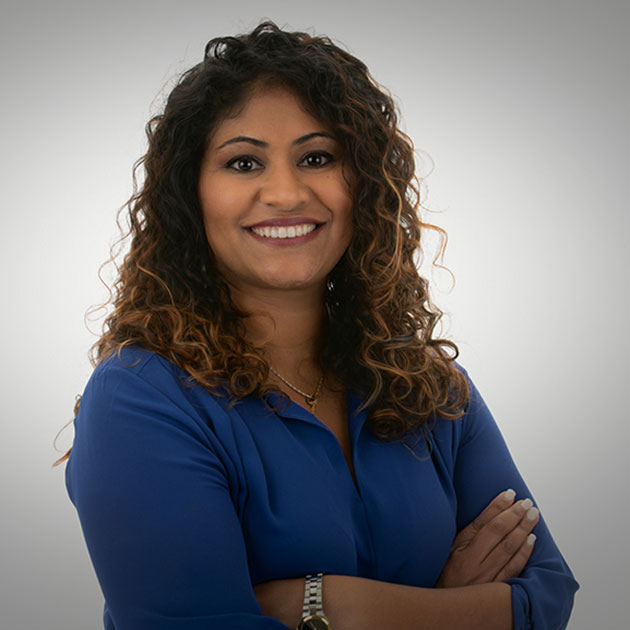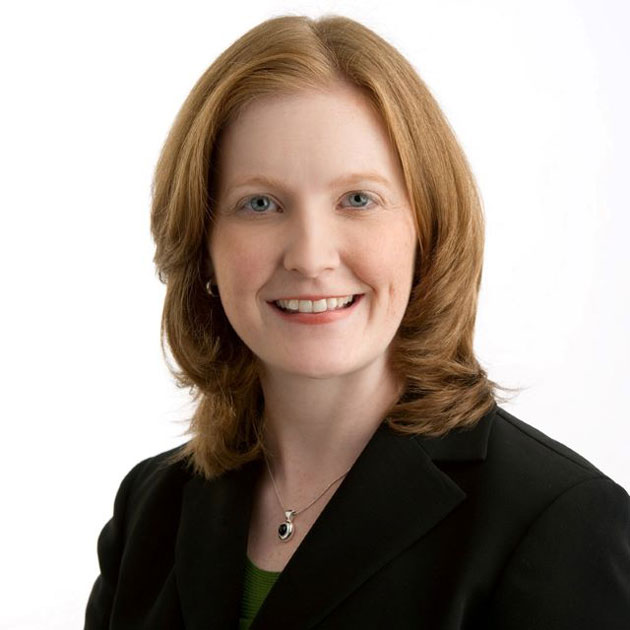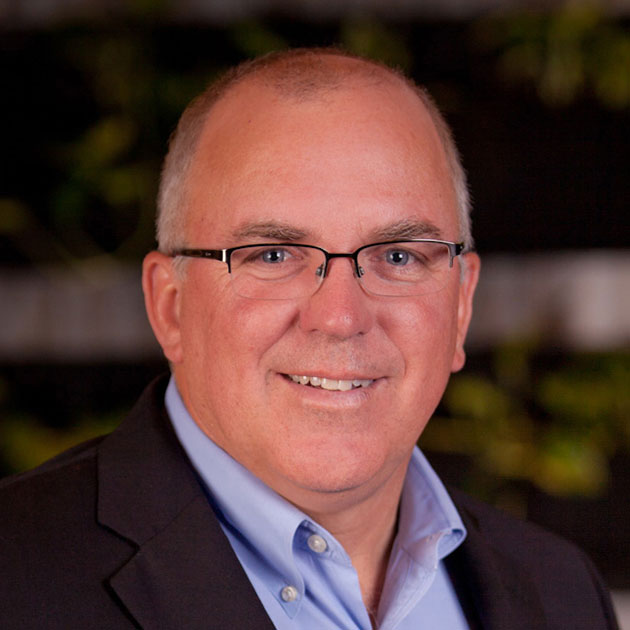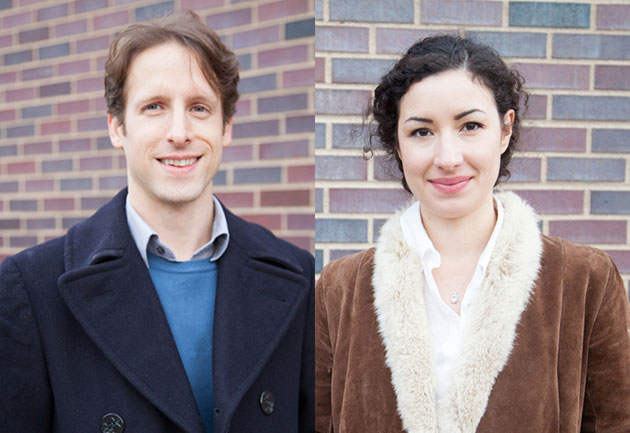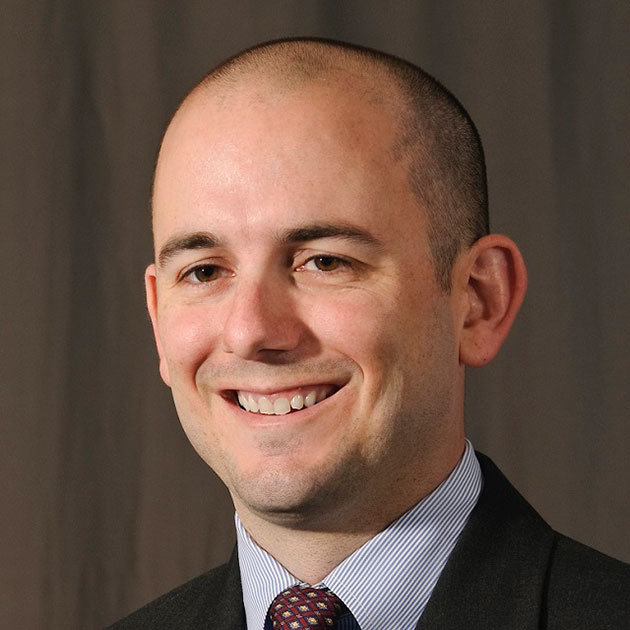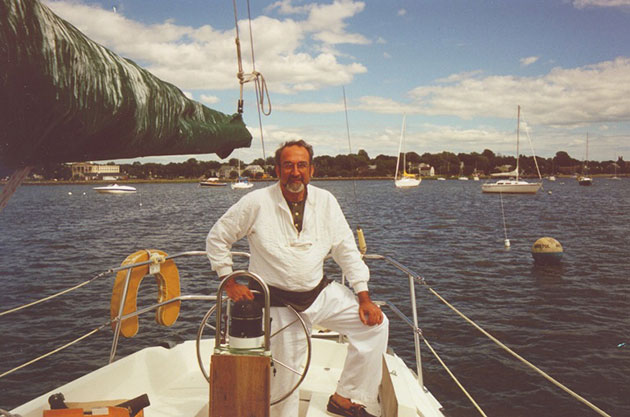
Retired Professor
This Richardson resident was one of the first graduates of what was then known as the School of Management at The University of Texas at Dallas. At that time, the small campus was surrounded by farmland and graduate students accounted for the bulk of its enrollment. The School of Management had just been organized with its first dean, Raymond P. Lutz, PhD. After graduating from UT Dallas, Paksoy earned his doctorate at Oxford University in England and spent his career as a history professor at numerous universities, including Texas Tech and Ohio State.
Tell us the highlights of your professional career. What are your proudest achievements?
Too many to enumerate! If written, most would make excellent Harvard-style case studies. More generally, I would say I was able to overcome all manner of competitive discrimination without violence but by higher positive performance than would-be discriminators were able to muster. Allow me a word of caution: One can achieve, but at what cost? If your entire life consists of your title and what demands that title brings upon your person, perhaps you are in the wrong place, industry, etc. One needs to strive for a modicum of balance in life, between professional and personal.
What brought you to UT Dallas?
One of my professors at the university I had been attending suggested I transfer to UT Dallas. He might have been right in doing so, although perhaps he did not realize I would thrive in the competitive environment at UT Dallas.
What is your favorite UT Dallas memory?
It must have been Spring 1976 when the University decided to treat the graduate students to dinner. It was held in the open space which is now Texas Instruments Plaza near Founders Building. What made it extra-special was that the entire faculty served as waiters. Bryce Jordan, then the UT Dallas president, had donned the tall hat of a five-star Michelin chef, which suited him unbelievably well. He was the undisputed chief of the entire enterprise. I do not know if the event was repeated afterward, or if it had happened previously. At the time, UT Dallas was divided into colleges, as a reflection from Oxford and Cambridge traditions. The master of the college I was then assigned (School of Management) was my waiter. He acted the part beautifully, though we never referenced that fact ever again.
Who was your favorite professor and/or what was your favorite class and why?
Professors John Rees and Gavin Hambly. John Rees (professor of geography and management and administrative sciences) gave me the freedom to explore my strengths. He never interrupted when I reasoned aloud. Gavin Hambly (professor and historian of the Middle East and Mughal India) allowed me to ask the hard questions, and gently directed me to discover the correct answers myself.
What’s the best advice you have received?
“Make certain what you publish will be unshakable in a court of law or in the turbulence of public opinion.” That meant, as I understood, to have positive proof at hand. I am forever grateful for that advice.
What advice do you have for students hoping to succeed in the business world?
There are innumerable roads to success. Find your own. That means you need to discover and — more importantly – learn what you are good at, and how-where-when you can use that talent.
What makes an effective leader?
“Effective” and “leader” do not necessarily go together. A person can be appointed a leader, and nothing noticeable might happen. Whereas a person not ordinarily identified in a leadership position can effectively achieve “success” for the enterprise in every meaning of the word. As most business school students know, there are two basic lines of thought about leadership. One specifies that there is no school for leadership, one is born as a leader and “one plugs the holes that cause draft.” The other insists that anyone can be taught leadership. In my experience, it is definitely a combination of the two. It is neither being one of the guys or gals nor a standoff leader who is effective. The time and place has a lot more to do with the outcome. The strengths of the leader and how that leader reacts to conditions on the ground determine the outcome.
What do you enjoy doing in your free time?
Now that I have retired, I have no set schedule, and do whatever attracts my fancy!

